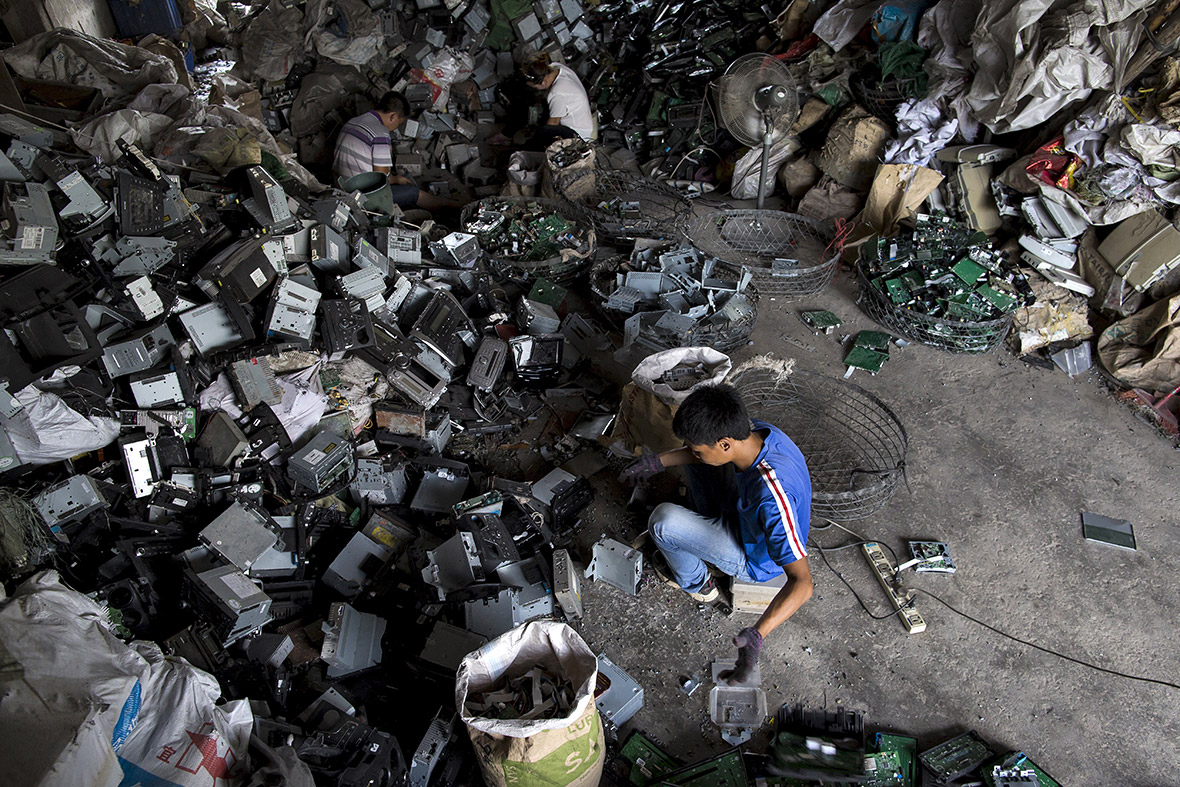Guiyu waste dump: The Chinese tip where your old mobile phones and computers go to die [Photo report]
The town of Guiyu in southern China's Guangdong province is one of the world's largest electronic waste dump sites. Tens of thousands of people work in about 5,000 workshops, processing hard drives, mobile phones, computer screens and computers imported from around the globe.




Many of the workers work in poorly ventilated workshops with little protective gear. Circuit boards are melted down to salvage bits of valuable metals, such as gold, copper and aluminium. As a result, huge amounts of pollutants are released into the air and nearby river, contaminating local water supplies, devastating farm harvests and damaging the health of residents.
The stench of burning plastic envelops the small town, while the waterways are black with industrial effluent. According to research conducted by Southern China's Shantou University, Guiyu's air and water are heavily contaminated by toxic metal particles. As a result, children living there have abnormally high levels of lead in their blood, the study found.









While most of the electronic waste was once imported into China, much more now comes from within the country as its wealth increases. China now produces 6.1bn kg of e-waste a year, second only to the US with 7.2bn.
In 2014, the world dumped around 41.8bn kg of e-waste – mostly fridges, washing machines and other domestic appliances, according to a UN report. At present rates, the 50bn kg level could be reached by 2018.
© Copyright IBTimes 2025. All rights reserved.






















